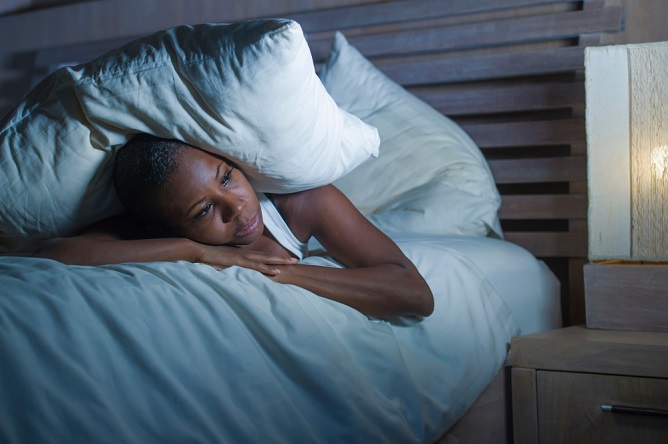
Difficulty sleeping can be a natural occurrence or a sign of something else. However, when the occasional difficulties become more frequent or more problematic, it may be time to dig deeper.
Problems with sleep can be attributed to many underlying issues, such as depression. While sleep and depression are connected, it is important to highlight. However, that difficulty sleeping is always about depression.
Poor sleep may contribute to the risk of depression. Depression may impact a person’s quality of sleep. This is a bidirectional relationship – the impact happens in both directions for both sides.
Hypersomnia, insomnia, or obstructive sleep apnea are sleeping problems associated with depression. Among these, insomnia is the most common, with a 75% occurrence among adult patients. It may also happen that a patient goes back and forth, struggling with insomnia and hypersomnia.
However, other reasons for sleep problems can be other health conditions, changes in lifestyle, and stress. While associating observed symptoms with differentiated conditions require medical training, seeking help does not have to be. When we feel something is different, we can always seek out support.
Choose a reliable Depression Clinic in South Shore, MA.
With our trusted Depression Treatment in Massachusetts, we got your back.
Learn more about the Neurostar Advanced Therapy feature from South Boston TMS. Schedule your therapy session now.




Leave a Reply